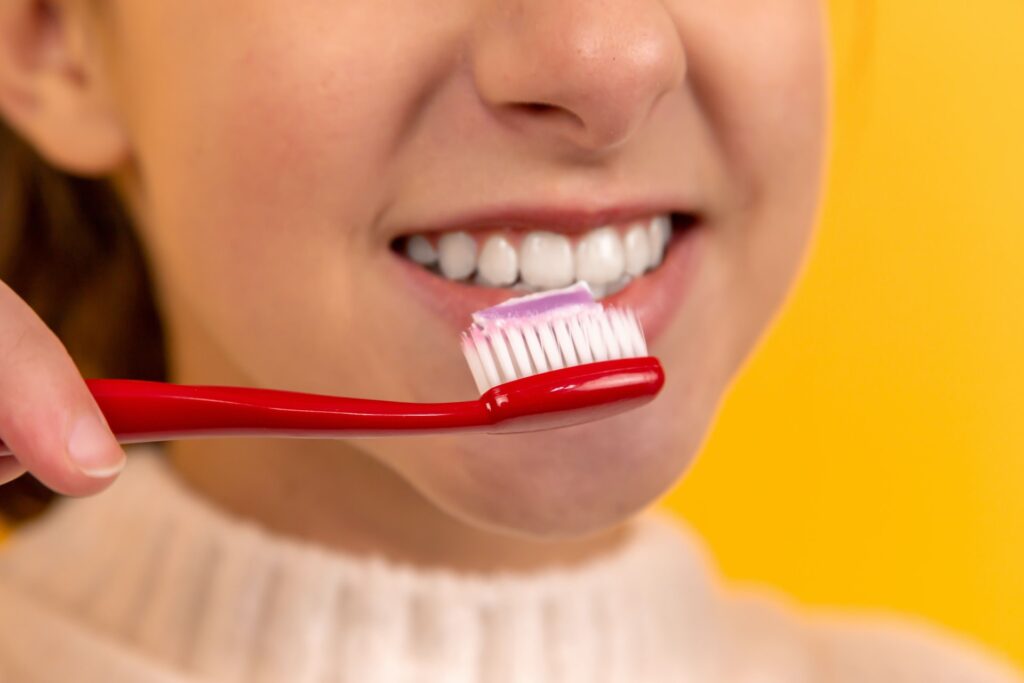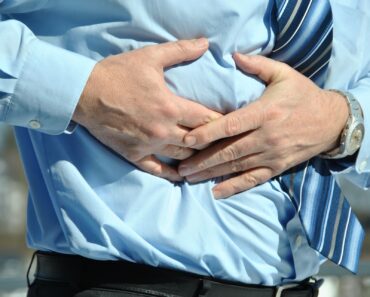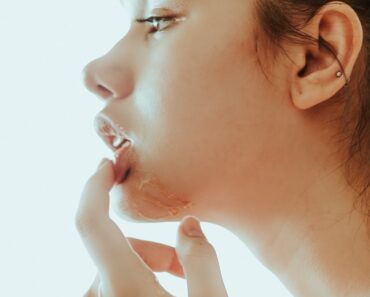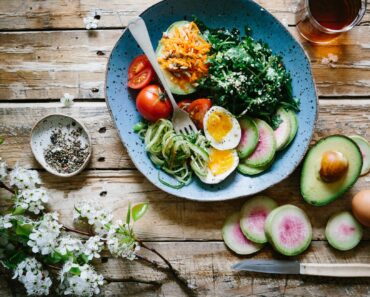HERE’S WHAT YOU NEED TO KNOW ABOUT HICCUPS:
Hiccups usually occur as a result of spasmodic and synchronized contraction of muscles between ribs and diaphragm- a muscle that is present at the bottom of our rib cage. These repeated spasms of muscle cause vocal cords to close briefly, thus producing a characteristic sound “hic”. Mostly, hiccups occur when we eat or drink too much or too quickly. Various other reasons have been explained that might cause hiccups, but it mostly occurs when the diaphragm gets irritated. The irritated diaphragm is pulled downwards between breaths, hence trapping in the air. The vocal cords are then correspondingly closed to prevent further coming in of the air, eventually producing the “hic” sound.

WHY DO I GET HICCUPS WHEN I BRUSH MY TEETH?
People often complain that they get hiccups when they brush their teeth. The answer to this can be explained by considering the basic principle of an acid-base reaction. When an acid comes in contact with a base, a reaction takes place, resulting in the production of gas. You can think of vinegar and baking soda as an example. In this reaction, carbon dioxide gas is produced.
The toothpaste that we use is basic on the PH scale, whereas the environment of our stomach is acidic because of the acid produced by the stomach lining. This acid functions to digest food that we eat but this might be the cause of your frequent hiccups while brushing your teeth. This acid-base reaction happens when you accidentally swallow a small amount of toothpaste. The reaction between the alkaline toothpaste and stomach acid produces gas, causing your stomach to expand a bit. This slightly larger stomach presses on the underlying diaphragm muscle and its nerve supply. The irritated diaphragm then causes hiccups. This phenomenon is much clearer when you are on an empty stomach.
THE SOLUTION TO YOUR PROBLEM:
You cannot always prevent hiccups but you can minimize their occurrence for sure. For this reason, you are advised to drink large quantities of water before brushing your teeth to dilute the stomach acid. In this way, the reaction does not take place so quickly neither the reaction is too vigorous to cause hiccups. As overeating is also thought to be the underlying problem, so avoid eating too much food. Holding your breath may also cause the hiccup to go away on its own after a while.
However, if your hiccups last for more than 48 hours, or if your hiccups are interfering with your sleeping, breathing, and eating, you need to consult a doctor to find out the cause.
REFERENCES:
Oxford Textbook of Palliative Nursing Oxford Textbooks in Palliative Medicine; Betty Rolling Ferrell, Judith A, Paice; Oxford University Press, 2019.






